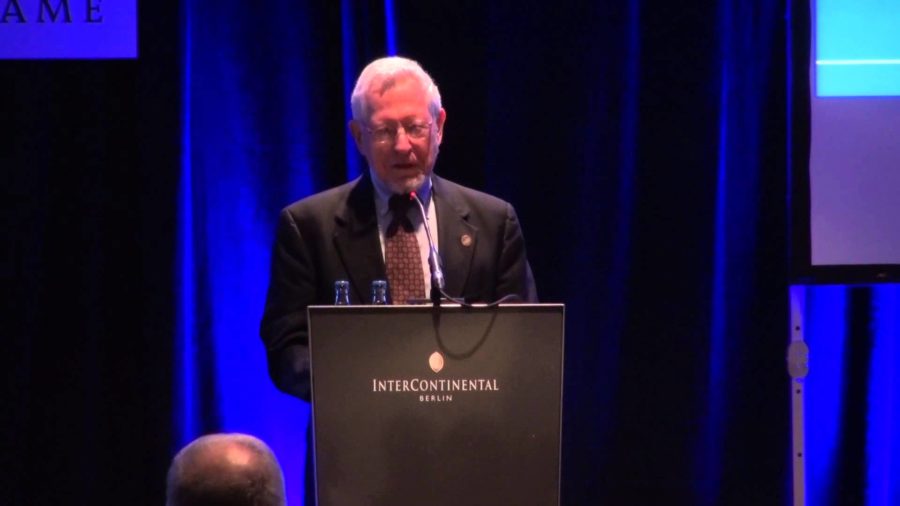So, I’d like to tell you a story. In 1981, in particular in the spring of 1981, I found myself in Kigali, Rwanda. The background was that in 1973 I’d signed on to the UN as a technical advisor in computer methods just as the African census program was starting, and we were installing new computers in almost every country in Sub-Saharan Africa, with the exception of South Africa.
I was there because the agent that we had sent over to install a Honeywell minicomputer, which only required 10kVa of uninterruptible power supply to work, couldn’t get the computer to work. So I was sent. And after a few days, we took care of most of the simple problems. But we still couldn’t get the computer to accept the operating system tape.
So clearly, what do you do? Well, you go back to the manufacturer, or you go back to a colleague, and ask. At that point, Rwanda had radio telephone service in a two-hour window out of every twenty-four, and it reached New York, the East Coast, at between 2:00 AM and 4:00 AM. You could take a plane and fly out. It would be certain, but the turnaround time was pretty long. Or you could go through the UN telex operator, the first actual email. The telex operator had a censor whose job it was apparently to strike out every other word, or certainly to remove enough words so that the content was thoroughly ambiguous. And he had a colleague on the other side, so the reply got the same treatment.
So, to make a long story short, after two weeks we were nowhere. And it drove home to me the concept of information poverty in a way that no other experience had. There was lots of evidence about information poverty. When we visited university libraries in most Sub-Saharan countries we found that the library had approximately a hundred books, and they were twenty years out of date. It was really a very sad situation. And I thought to myself well, you know if I with the knowledge of how to get information failed totally, utterly, miserably, in this, what chance do the people who live in these countries have? They don’t. And so the information poverty simply perpetuates itself because they’re unable to identify well and solve their problems. Now, that’s not the only thing you need to solve problems, but it’s really really important.
So when I left the UN and went back to university, academia computing, and met the people who eventually founded the Internet Society, I thought here’s something we can do, en masse, to create waves of people who understand this. Who come from these countries, who can go back and install—connect their countries to the Internet, install routed networks, do resource discovery and content serving eventually, on the net. It was a crying need.
It was a volunteer effort. Some of the people in this room contributed to it. Randy Bush contributed mightily to the start of it, to help make it a success. Steve Goldstein and Ida Holz were at the first workshop. Gihan Dias was at the second. We decided that we would take the time to create courses that would allow people to do these things, and we would fund to the maximum extent we could, which was almost 100% in most years. We had a willing ally in Larry Landweber, who was then Vice President; Vint who was President.
And so we started with 135 people at Stanford University. Over the course of eight years we trained about 1,500 people from almost all developing countries, and we started a series in Central and Eastern Europe which has really outlived ours and still continues to be an active networking association. From that workshop came WALC for Latin America, which trained I suspect many more people, in the thousands.
I’m very proud of this accomplishment. I think that the many volunteers who gave up their vacations and much of their time to run these workshops for the Internet Society were really really in the forefront of pushing the Internet out so that truly the Internet can be for everyone. And I’m also very pleased that one of the results of this was that the Internet Society itself turned its face to the problems of development, to the problems of training and helping people, and that trend continues to this day. Thank you very much.
Further Reference
George Sadowsky profile, Internet Hall of Fame 2013
